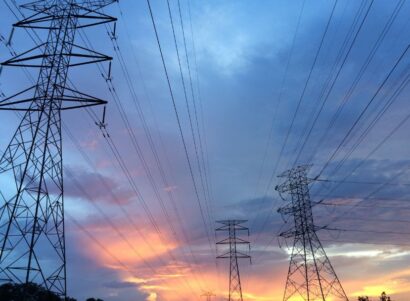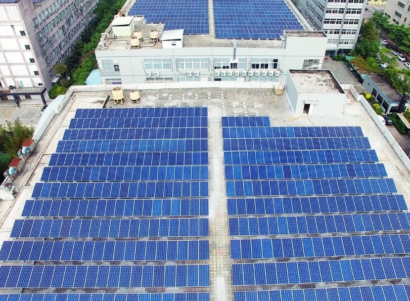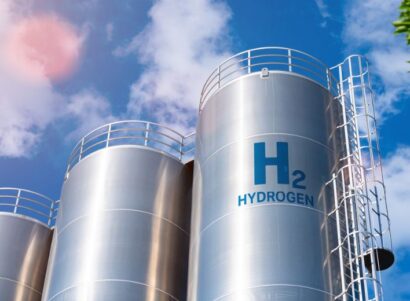Featured
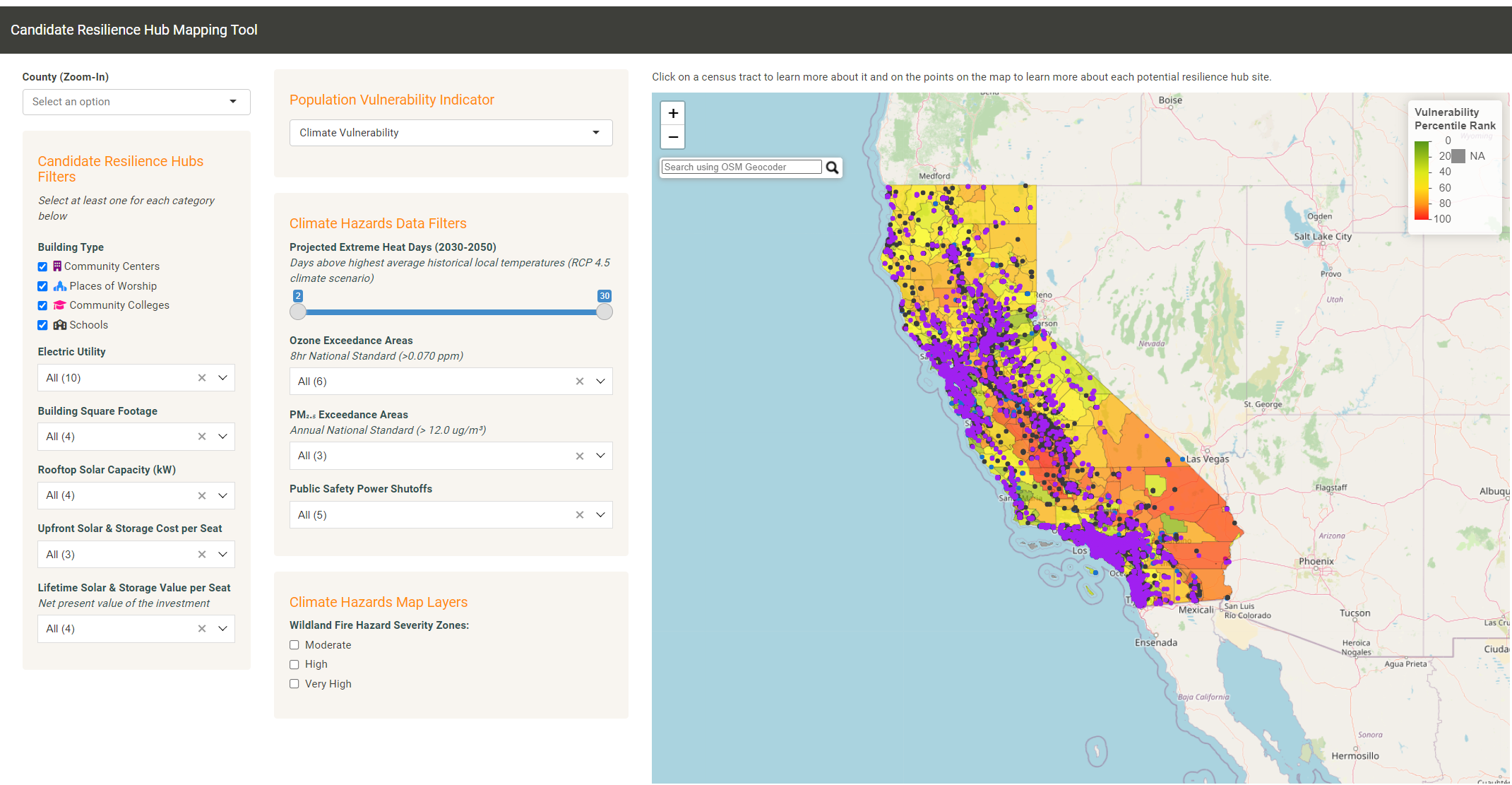
Candidate Resilience Hub Mapping Tool (beta)
Community resilience hubs offer a range of resources and services that help community members become more resilient in the face of disaster. Our new Candidate Resilience Hub Mapping Tool (beta) allows users to explore data on 18,296 potential resilience hub locations throughout California, as well as in-depth data on local populations and climate risks.
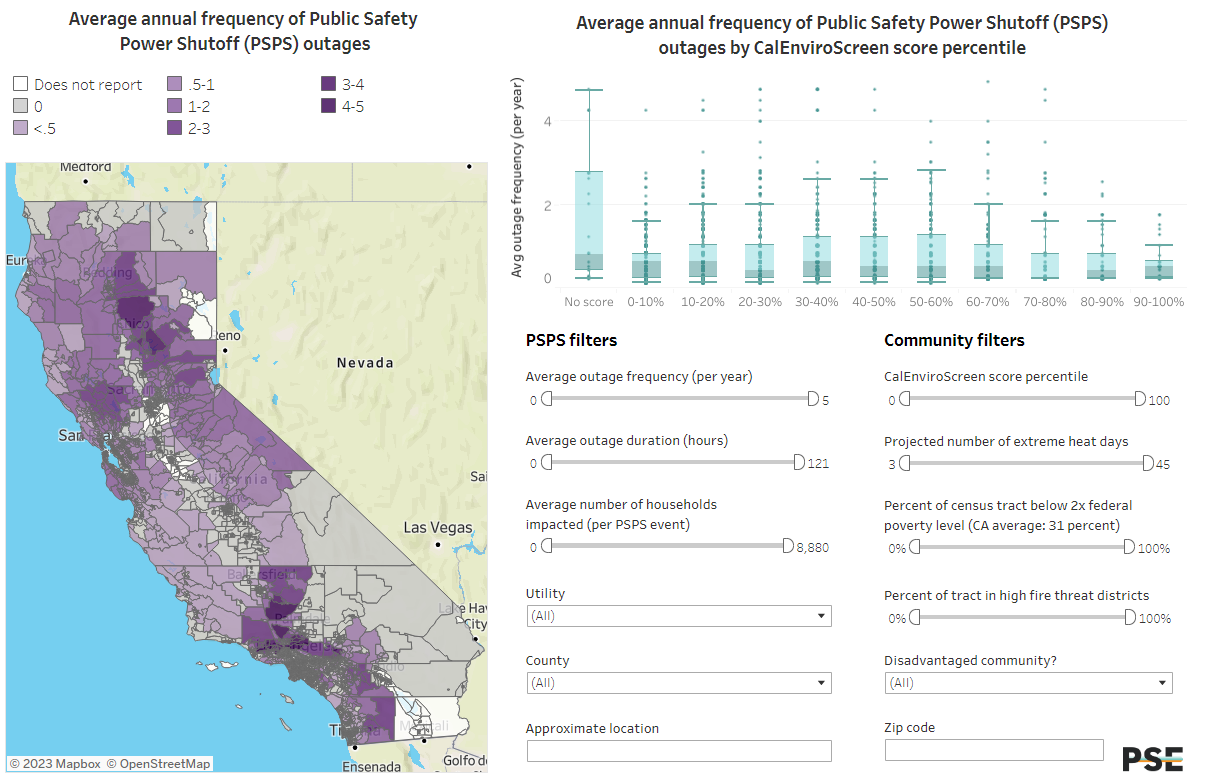
Public Safety Power Shutoffs (PSPS) Map
In California, one type of power outage—known as Public Safety Power Shutoffs (PSPS)—has strict data reporting requirements, providing PSE Healthy Energy (PSE) researchers a unique opportunity to study them. Our new interactive map allows users to explore the frequency and duration of PSPS events alongside select economic, demographic, and climate vulnerability information. PSE Scientist Bethany Kwoka provided a detailed analysis of the PSPS map data.
News Briefs
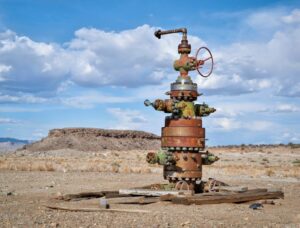
Chemical Makeup of Gas Leaked form Abandoned Wells
A new peer-reviewed study from PSE suggests that prioritizing plugging wells closest to people may bring extra health benefits. Gas leaking from wells is known to be mostly methane, a potent climate pollutant. Scientists tested gas from 48 abandoned wells in western Pennsylvania and found that gas leaking from wells can contain benzene and other volatile organic compounds, suggesting that leaked gas from abandoned wells is also a health hazard.
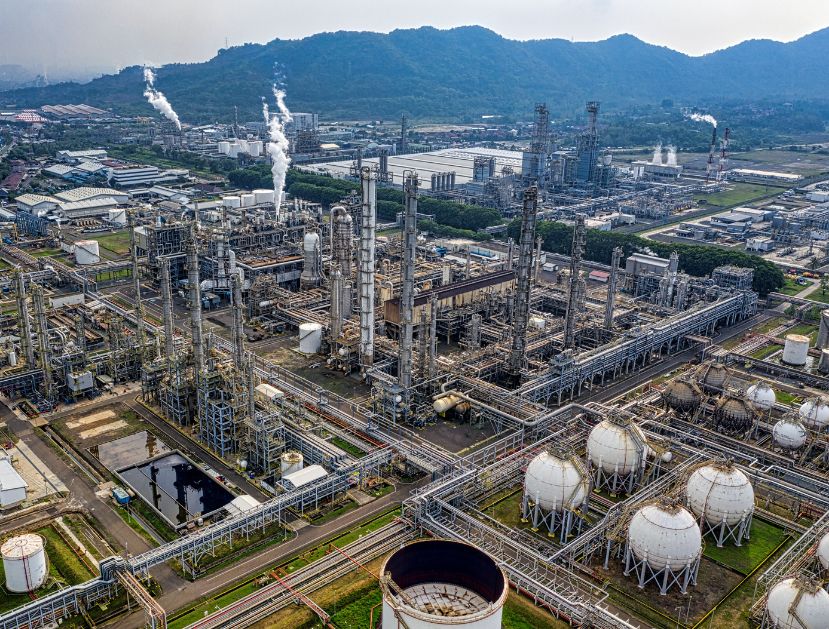
Air Pollution and Health Impacts of Oil and Gas Production
Oil and gas production is responsible for 60 percent of the industry’s total methane emissions. While the climate impacts of methane have been studied extensively, there is limited research examining production’s impact on air quality and public health. In a peer-reviewed study, researchers from Boston University School of Public Health, Institute for the Environment, Environmental Defense Fund, and PSE assessed the air quality and public health impacts associated with oil and gas production.
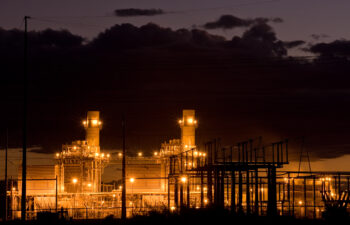
Indoor Impacts of Benzene from Gas Stove Combustion
Stanford University and PSE recently released the first peer-reviewed study to examine how combustion of natural gas and propane in stoves and ovens impacts indoor concentrations of benzene. Researchers tested benzene concentrations in 87 homes across California and Colorado and found that combustion from both natural gas and propane stoves emits detectable and repeatable levels of benzene.

Air Pollution and Neurodegenerative Disease
Few studies have evaluated the association between exposure to particulate matter (PM2.5) and the rare neurodegenerative disease amyotrophic lateral sclerosis (ALS). A peer-reviewed study from PSE scientist Dr. Yanelli Nunez and coauthors explores relevant exposure windows between ALS and PM2.5. Results from the study suggest that the two to six years pre-diagnosis could be an important exposure window.

NASEM Report: Evolution of Net Metering
PSE Director of Research Elena Krieger served on a committee for the National Academies of Sciences, Engineering, and Medicine (NASEM), which just released a congressionally-mandated study for the Department of Energy. The Role of Net Metering in an Evolving Electricity System report examines the medium-to-long term impacts of net metering—which is used to compensate utility customers with rooftop solar— on the electricity grid and consumers. The resulting report includes an evaluation of the equity, decarbonization, and resilience implications of different net metering and rate design structures. The presentation can be viewed here.
From the Blog
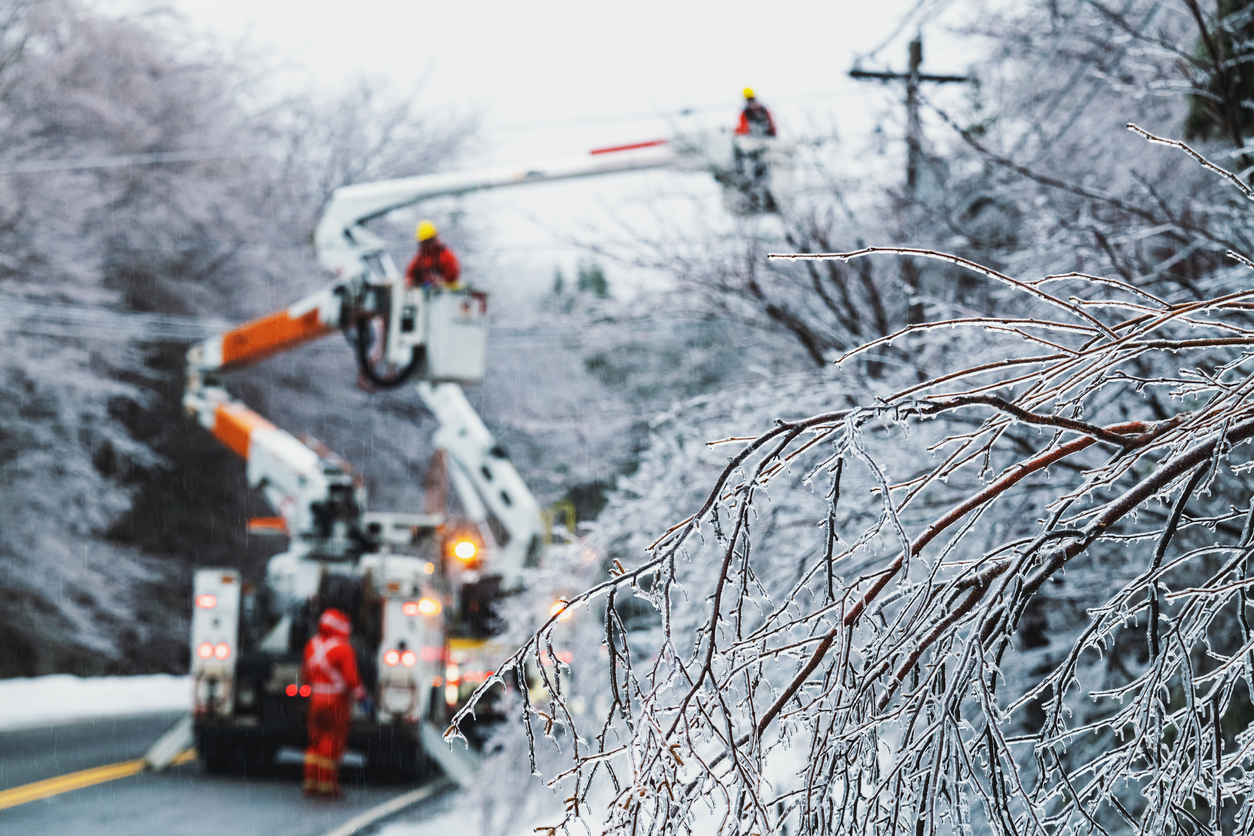
PSE in the Media
- Inside Climate News: Abandoned Oil and Gas Wells Emit Carcinogens and Other Harmful Pollutants, Groundbreaking Study Shows
- Axios: Oil and gas health impacts cost $77 billion per year, study finds
- Grist: Amid fracking boom, Pennsylvania faces toxic wastewater reckoning
- The City: Staying Inside Won’t Protect You from Smoke Unless the Air is Clean
- The Messenger: How the US Can Fight the Wildfire Smoke Crisis
More coverage is available here.
Careers at PSE Healthy Energy
PSE Healthy Energy is hiring air quality experts, scientists, and an operations associate! Join or let your peers know they can join our team of public health professionals, scientists, and engineers working to inform science-based energy policy. Learn more here.






